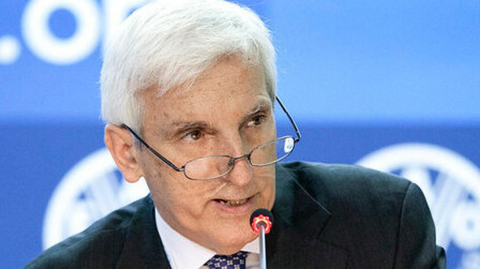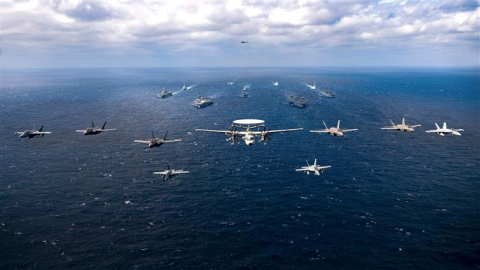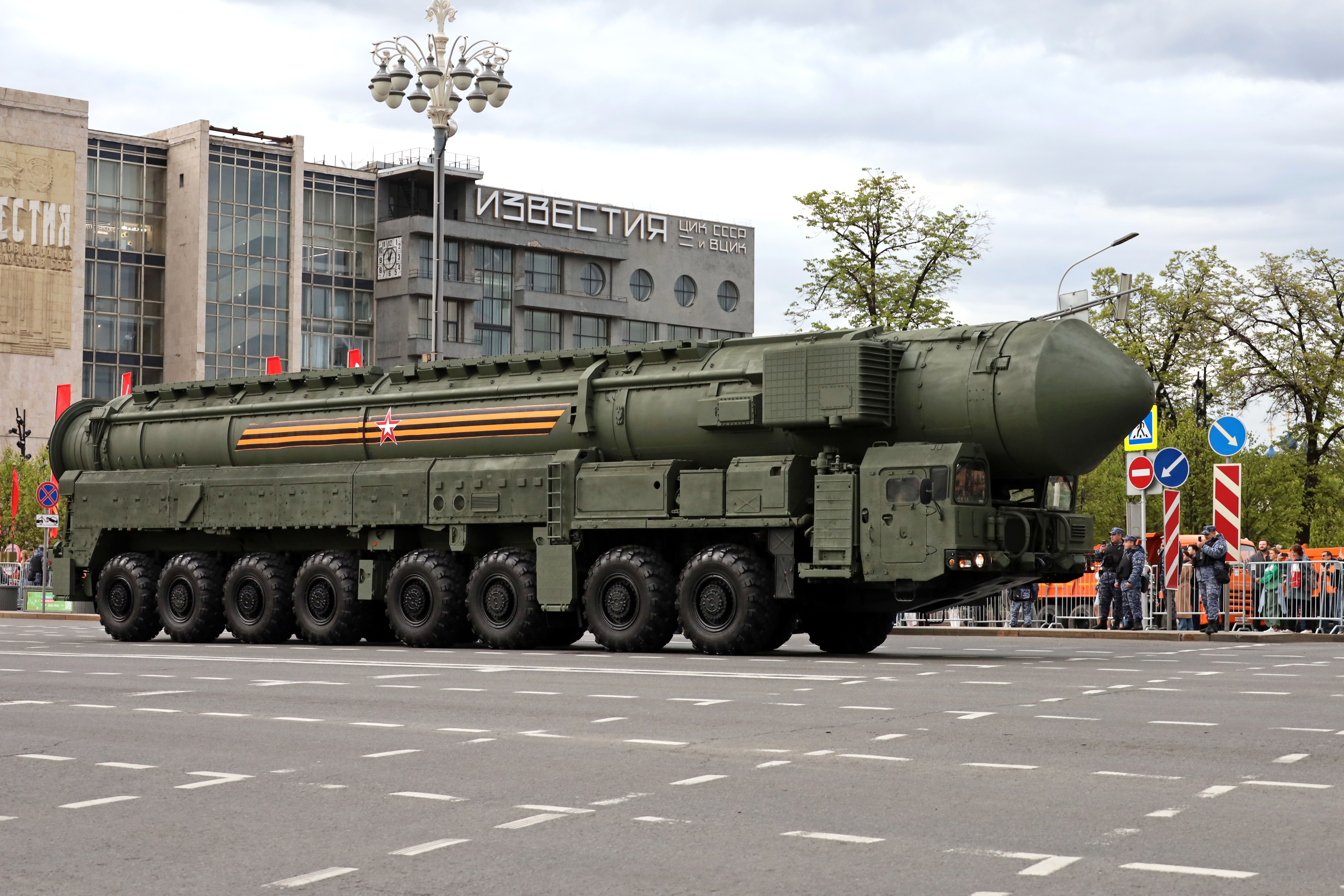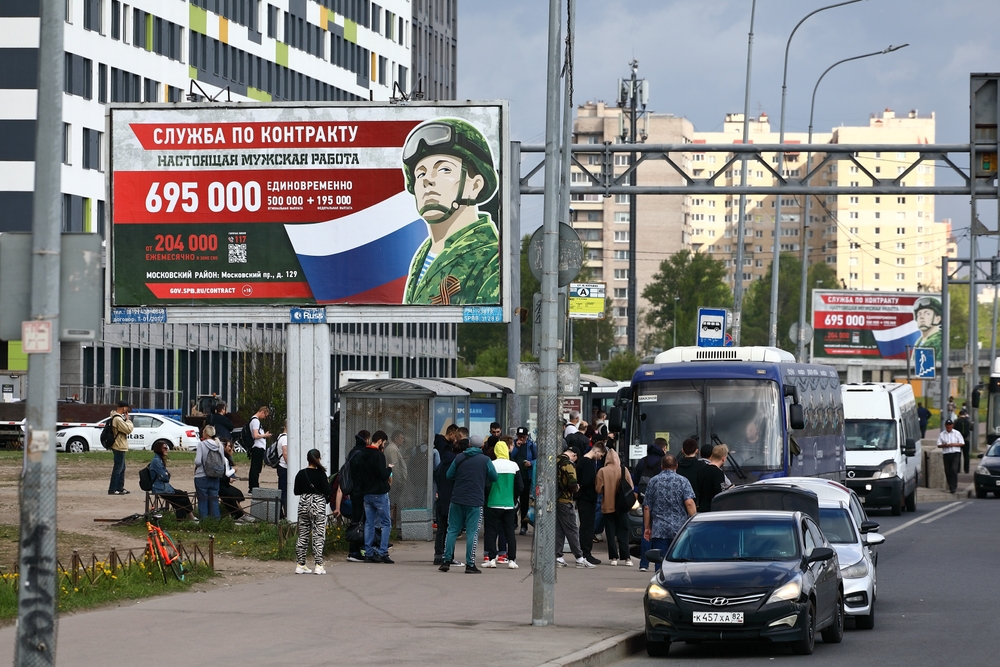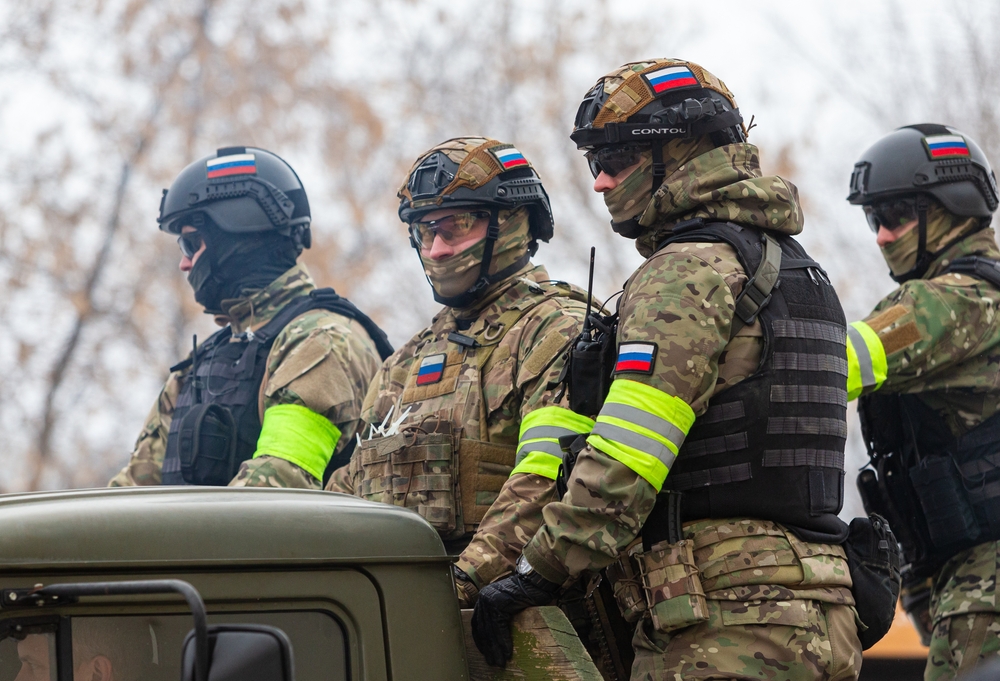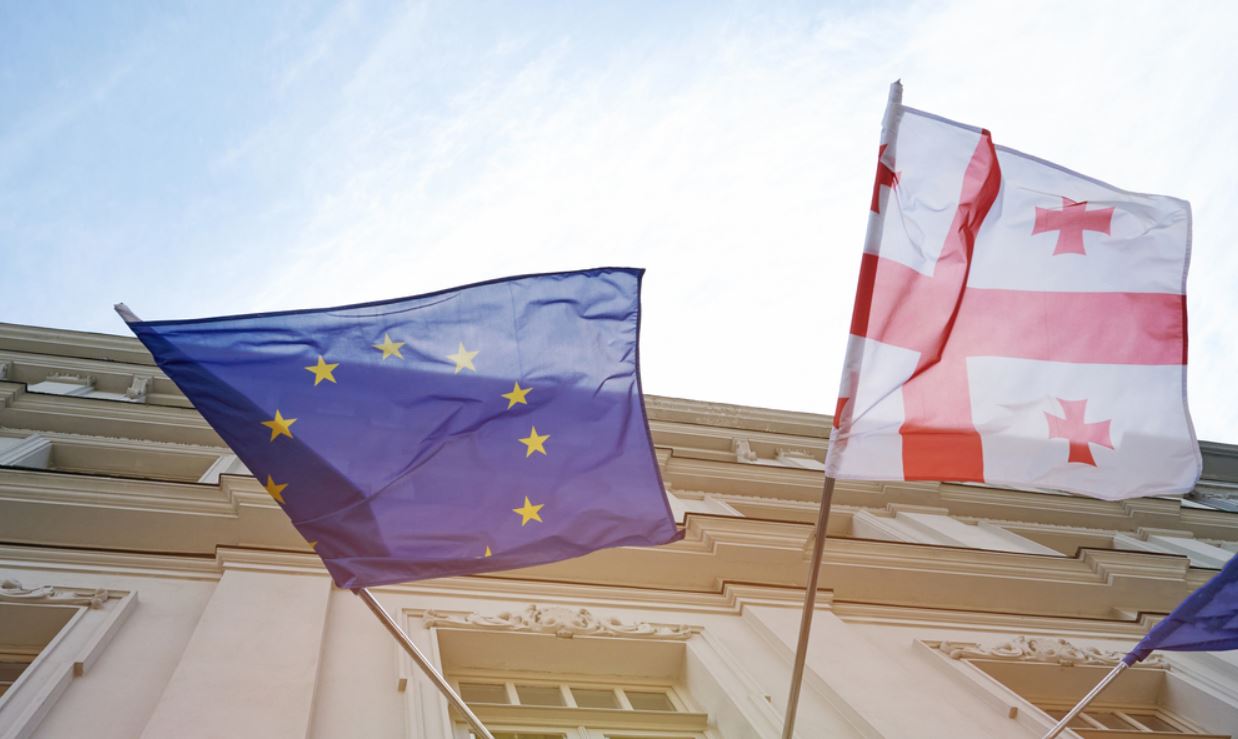Russia/Eurasia Center
Founded in 2005 within Ifri, the Russia/Eurasia Center conducts research and organizes debates on Russia, Eastern Europe, Central Asia, and the South Caucasus. Its goal is to understand and anticipate the evolution of this complex and rapidly changing geographical area in order to enrich public discourse in France and Europe and to assist in strategic, political, and economic decision-making.
Read more


Director of the Russia/Eurasia Center, Ifri
Publications
See all our interventions
Flagship Publications
Titre Bloc Axe
Research Areas
See all our interventions
Titre Axe de recherche
Russian Economy and Society
The Economy and Society research axis within Ifri's Russia/Eurasia Center is interested in economic questions including the impact of Western sanctions on the Russian economy as well as the evolution of society (demography , middle classes, youth, education, opposition, militarization, protest movements, etc.).
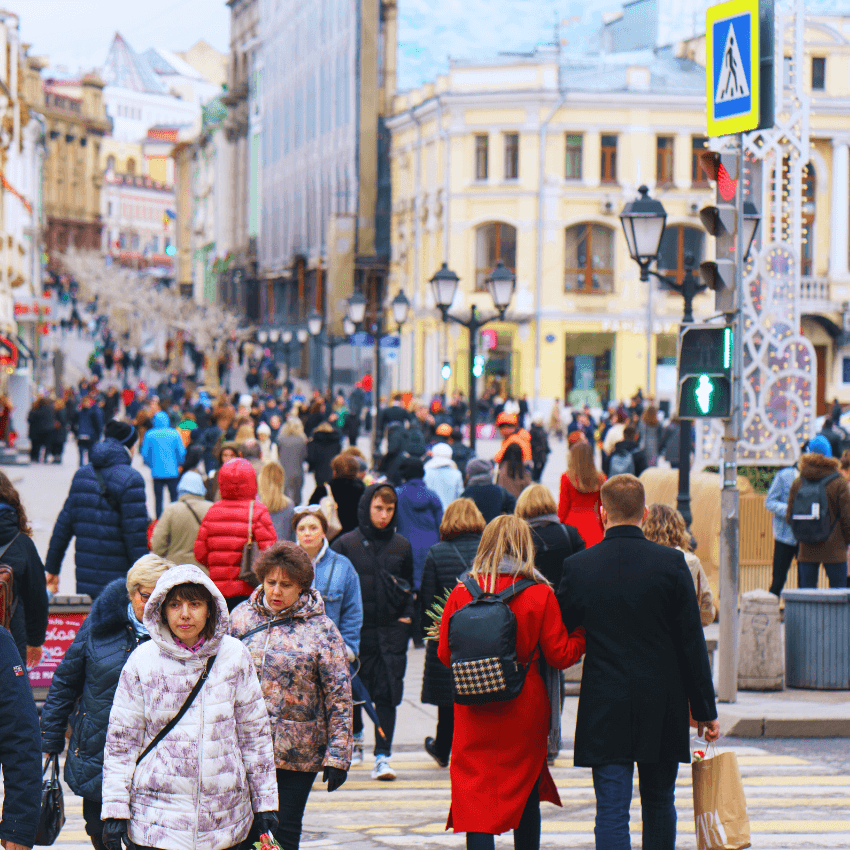
Titre Axe de recherche
Russian Domestic Politics
The Domestic Politics research axis within Ifri's Russia/Eurasia Center analyzes Russian domestic politics, the evolution of the political system and its elites, as well as their relations with society.
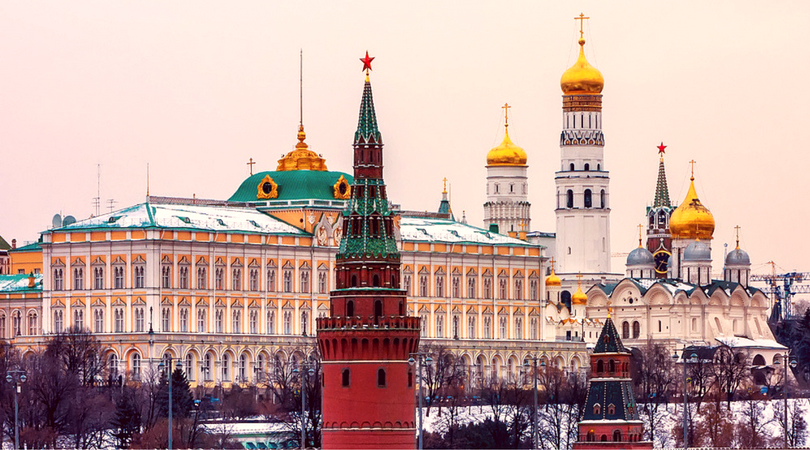
Titre Axe de recherche
Russian Foreign Policy and Defense
The Foreign Policy and Defense research axis within Ifri's Russia/Eurasia Center examines Russia's relations with the former Soviet republics and the rest of the world, particularly the West and China. A specific importance is given to defense and security issues.
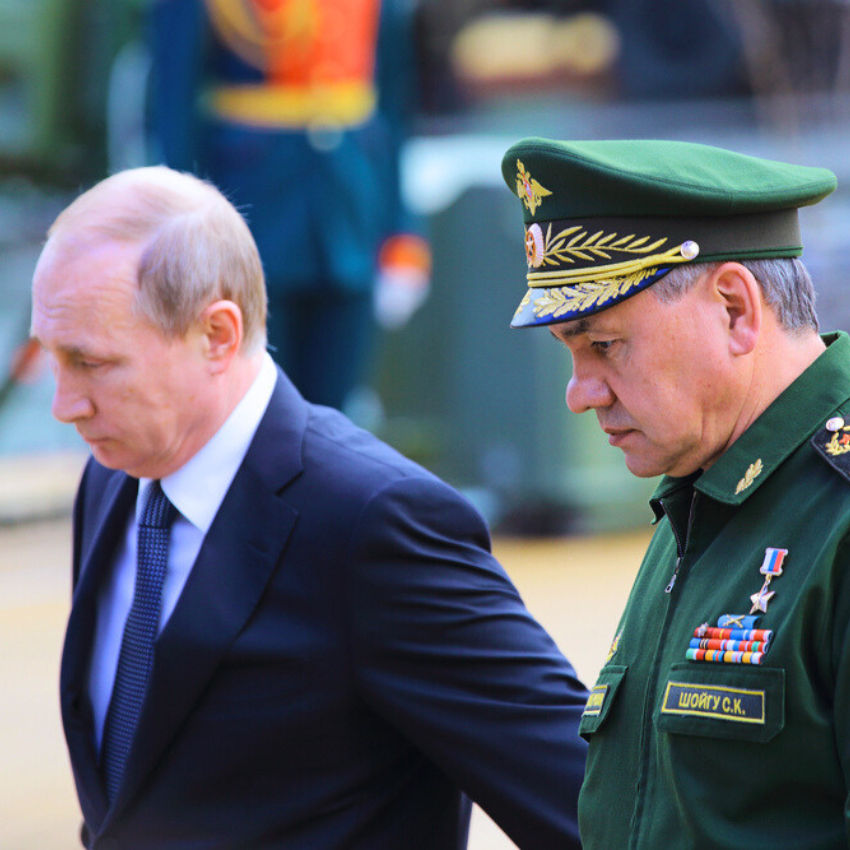
Titre Axe de recherche
Eurasia
The Eurasia research axis within Ifri's Russia/Eurasia Center analyzes internal developments in Ukraine, Moldova, Belarus, Georgia, Armenia, Azerbaijan, Kazakhstan, Uzbekistan, Turkmenistan, Tajikistan and Kyrgyzstan, as well as their relations with the Russian Federation and other regional and global powers.
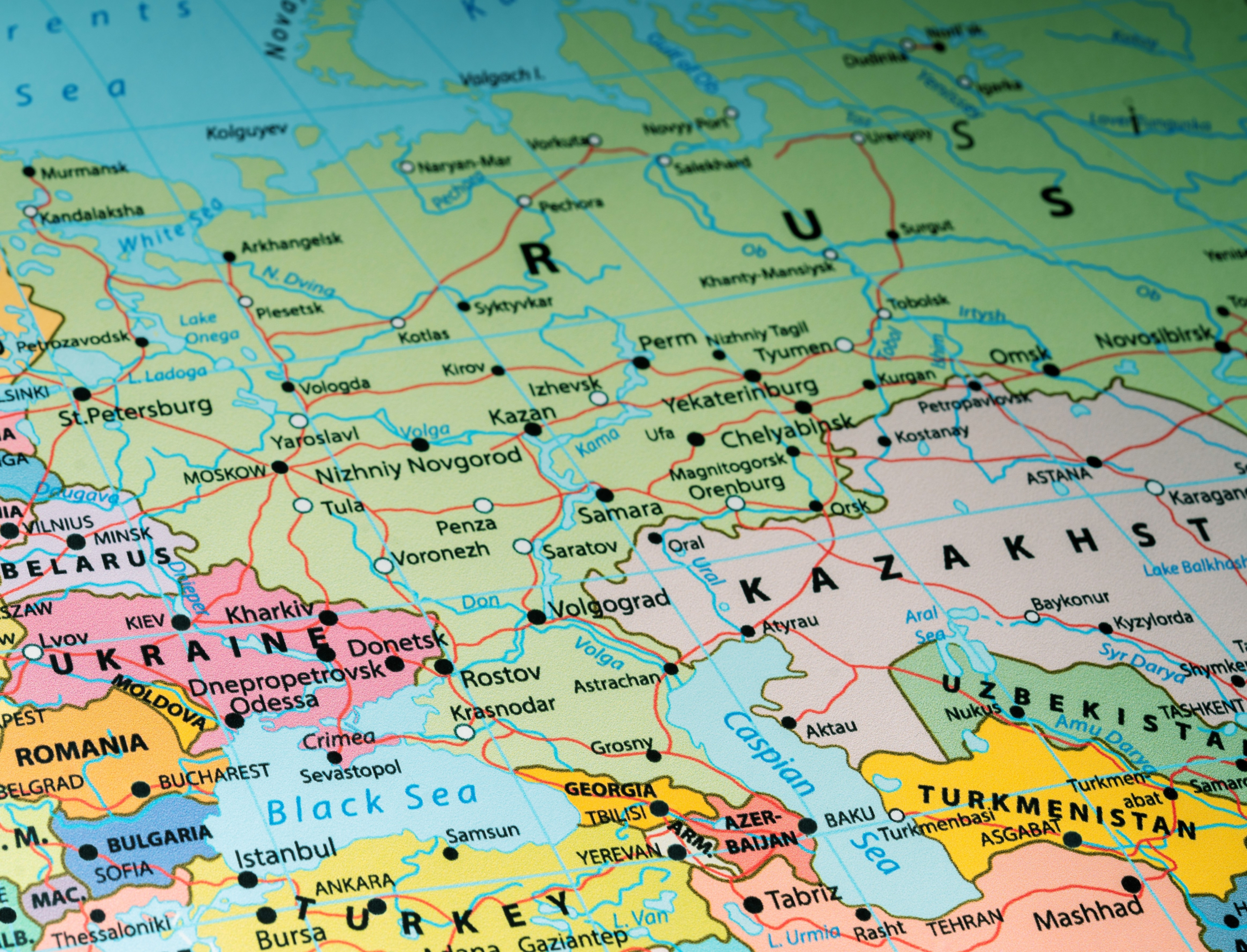
Publications
Russian-Chinese Relations through the Lens of the SCO
Since 2001, the Shanghai Cooperation Organization (SCO) has played an important role in the improvement of Russian-Chinese relations. It has proven valuable for the expression of Moscow and Beijing's common interests at a regional level. However, the SCO is not insulated from potential difficulties in the Russian-Chinese relationship. Therefore, both countries hope that the organization can become a mechanism to manage tensions stemming from their sometimes divergent interests in Central Asia. However, to develop fully as an organization it must remain relevant to all its members, not just Russia and China.
Academic Cooperation between Russia and the US. Moving Beyond Technical Aid?
This article outlines the developments in Russian-American cooperation in the area of higher education since the collapse of the Soviet Union. It reveals the fundamental problems that have arisen in this partnership and draws conclusions about the necessity of moving away from technical aid towards a new model of cooperation between Russia and the United States in this sphere. It makes practical recommendations for the more effective integration of Russian universities into the global educational space.
Russia's 2020 Strategic Economic Goals and the Role of International Integration
Toward a New Euro-Atlantic "Hard" Security Agenda: Prospects for Trilateral U.S.-EU-Russia Cooperation
Injecting More Differentiation in European Neighbourhood Policy: What Consequences for Ukraine?
The European Neighbourhood Policy (ENP) is at a crossroads. Over the course of France's EU Presidency the Union of the Mediterranean will be launched and the Polish-Swedish proposal for an "Eastern Partnership" will be elaborated upon. These initiatives challenge the ENP and cast doubt over the EU's ability to keep the southern and eastern neighbourhoods together under one roof. This paper argues that whilst the EU should maintain its "balanced approach" to its neighbourhood, it should at the same time develop more differentiation within ENP, which will strengthen the policy. To this end, the EU should recognise, more sincerely and practically, the European aspirations of the eastern neighbours by stating explicitly that ENP is not an end in itself, but rather a route to possible membership.
U.S.-Russia Strategic Partnership against Nuclear Proliferation: From Declaration to Action
The Team

Our research fellows: Russia/Eurasia Center
Support independent French research
Ifri, a foundation recognized as being of public utility, relies largely on private donors – companies and individuals – to guarantee its sustainability and intellectual independence. Through their funding, donors help maintain the Institute's position among the world's leading think tanks. By benefiting from an internationally recognized network and expertise, donors refine their understanding of geopolitical risk and its consequences on global politics and the economy. In 2024, Ifri will support more than 70 French and foreign companies and organizations.





